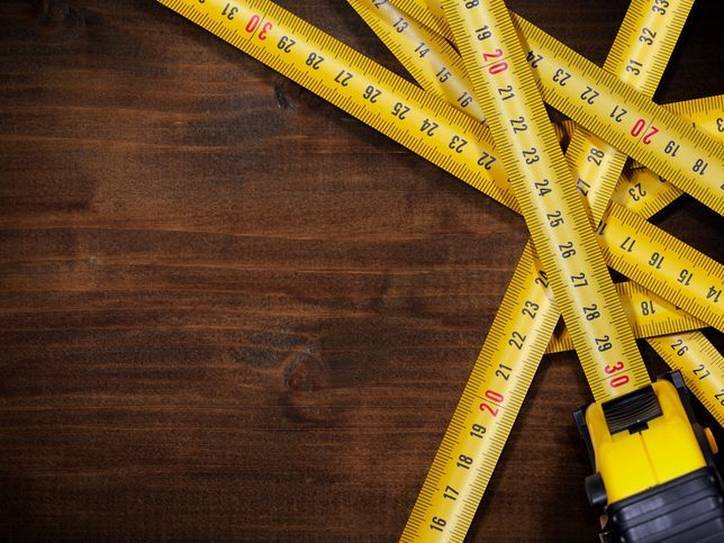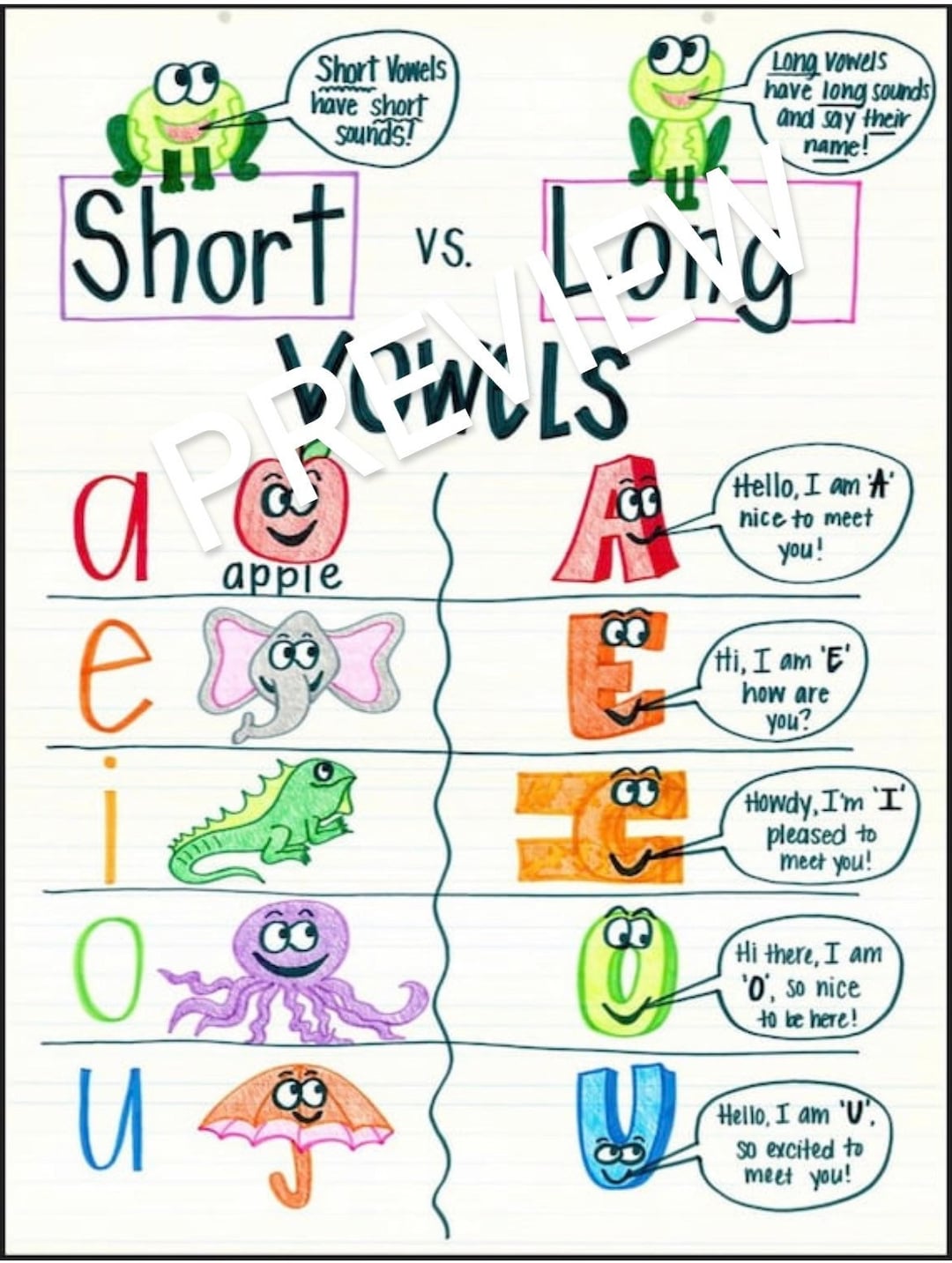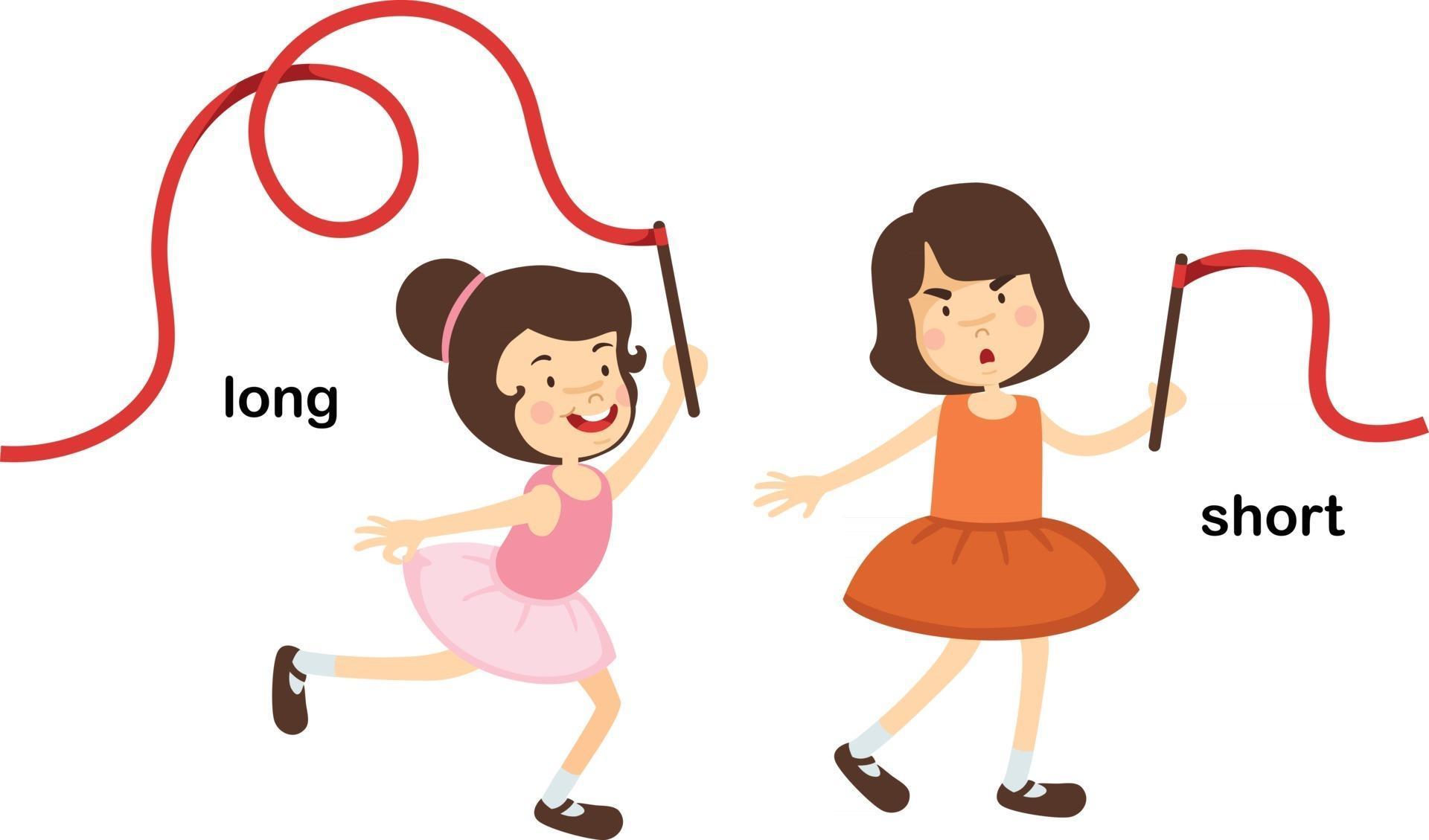How Long Does It Take For Water To Boil - A Simple Guide
Have you ever stood by the stove, perhaps a bit impatient, watching a pot and wondering why it seems to take an age for those tiny bubbles to appear and grow into a full, rolling boil? It's a common kitchen moment, really. So, you might be curious about what actually goes into getting water hot enough to bubble vigorously, and what makes that process take the time it does.
You know, it's almost like there's a bit of a mystery to it, isn't there? We use hot water for so many things every day, whether it's for a morning cup of tea, preparing pasta, or just getting things clean. But the exact timing for that water to truly get hot enough can feel, in a way, a little unpredictable sometimes.
This little article is here to pull back the curtain on that everyday occurrence. We'll look at the different things that play a part in how quickly your water gets to that boiling point and give you some general ideas of what to expect, basically.
Table of Contents
- What Affects How Long Does It Take For Water To Boil?
- Stovetop Times - How Long Does It Take For Water To Boil?
- Electric Kettle Speed - How Long Does It Take For Water To Boil?
- Does Wattage Change How Long Does It Take For Water To Boil?
- Volume and Container - How Long Does It Take For Water To Boil?
- Altitude's Influence - How Long Does It Take For Water To Boil?
- How Long Does It Take For Four Cups of Water To Boil?
- The Gold Standard - How Long Does It Take For Water To Boil?
What Affects How Long Does It Take For Water To Boil?
When you're trying to get water to reach that bubbly state, there are, like, a handful of things that really make a difference in how quickly it happens. For instance, the height above sea level where you live plays a part, as does the initial warmth of the water you're starting with. Then there's the kind of container you're using, whether it's a metal pot or a glass one, and of course, the actual way you're heating it up, you know, the source of the heat itself. These are all, basically, elements that influence the speed of the process.
So, to really grasp the timing for how long does it take for water to boil, you need to keep these different pieces of the puzzle in mind. It's not just one thing, but a combination of several environmental and equipment-related aspects that come together to determine the speed at which your water gets hot enough to bubble.
Stovetop Times - How Long Does It Take For Water To Boil?
If you're using a typical cooking range burner, getting a single liter of water, which is roughly four cups, to a really lively, rolling boil can take a fair bit of time. You're looking at, on average, somewhere in the neighborhood of six to ten minutes for this to happen. That's for a standard setup, you know, just a regular pot on a regular burner.
Now, if we consider the starting warmth of that water, that's a pretty big factor. A liter of water that's, say, straight from the cold tap, will naturally need a longer period of time to get hot than a liter that's already, you know, a bit warmer to begin with. So, depending on that initial chill, the process might lean more towards the longer end of that ten to fifteen minute range when it's on a stovetop burner, as a matter of fact.
Electric Kettle Speed - How Long Does It Take For Water To Boil?
When it comes to speed, an electric kettle often feels like a bit of a champion for how long does it take for water to boil. As a general guideline, a typical electric kettle can bring one liter of water to a boil in approximately two and a half minutes. That's pretty quick, really, especially compared to some other methods.
However, the precise timing for an electric kettle can vary a little. It depends on the specific design and, you know, the internal workings of the appliance itself. Some kettles are just built to be a bit more efficient or powerful than others, so their performance might differ slightly, you know.
There's also a mention that bringing one liter of water in your kettle to its boiling point might take about six to ten minutes, depending on the specifics of the device. This suggests that not all kettles are created equal, and some might operate at a pace more similar to a stovetop, perhaps, or it could be about different kinds of kettles entirely, you know, maybe stovetop kettles versus electric ones.
Does Wattage Change How Long Does It Take For Water To Boil?
The amount of electrical power an appliance uses, often measured in watts, definitely plays a part in how quickly it heats things up, especially when we're talking about how long does it take for water to boil. For example, if you have a device that uses 600 watts of power, it might need about four minutes to get the water to a boil.
If you step up the power a bit, say to a 700-watt appliance, you'll likely see the time drop to around three minutes. And if you're using something with 800 watts, that boiling time could be reduced even further, getting down to about two and a half minutes. So, basically, more power usually means a faster boil, which makes a lot of sense, you know.
Volume and Container - How Long Does It Take For Water To Boil?
It probably goes without saying, but the quantity of water you're attempting to boil has a really significant impact on the total time involved. A small amount of water will, of course, heat up much faster than a large amount. This is just a basic principle of heat transfer, really.
Beyond just the amount, the container you choose also matters quite a bit for how long does it take for water to boil. The relationship between the quantity of water you're heating and the dimensions of the pot or kettle you're using is a key consideration. A wider, shallower pot might allow for more surface area exposure to the heat, potentially speeding things up a little, whereas a tall, narrow one might concentrate the heat differently.
Altitude's Influence - How Long Does It Take For Water To Boil?
Here's a somewhat interesting fact about how long does it take for water to boil: the height of your location above sea level actually changes the temperature at which water bubbles and steams. It's not something most people think about every day, but it's a real scientific phenomenon, you know.
To be a bit more precise, for every increase of about 500 feet, which is roughly 150 meters, in elevation, the temperature at which water boils goes down by about one degree Fahrenheit, or 0.6 degrees Celsius. This means that at higher elevations, water will actually start to boil at a lower temperature than it would at sea level.
So, for example, if you're cooking at an altitude of 5,000 feet, or about 1,500 meters, your water will begin to boil at a temperature that's, like, ten degrees Fahrenheit (or six degrees Celsius) cooler than it would at sea level. This doesn't necessarily mean it boils *faster* in terms of *time to reach boiling point* if you're starting from the same temperature, but it means the *boiling point itself* is lower, which is, in a way, a different kind of "faster" if you think about it.
How Long Does It Take For Four Cups of Water To Boil?
The question of how long does it take for water to boil, specifically four cups, comes up quite a lot, as that's a common measurement for many kitchen tasks. Since four cups is pretty close to one liter, the general time estimates we've discussed for a liter of water would apply here as well.
So, if you're using a standard stovetop burner, those four cups of water might need anywhere from six to ten minutes to reach a good, vigorous boil. If you're opting for an electric kettle, however, you could be looking at a much quicker process, possibly around two and a half minutes, depending on the kettle's power and efficiency, you know.
Remember, these are just general ideas, and the exact time will still depend on all those other things we talked about, like the water's initial warmth, the kind of pot you're using, and even the height of your location, basically.
The Gold Standard - How Long Does It Take For Water To Boil?
When it comes to getting things hot enough for cooking or making drinks, water is, like, the quintessential substance we think of for boiling. It's, you know, the standard, the benchmark. Its properties make it ideal for absorbing and transferring heat, which is why it's so commonly used in kitchens around the world for all sorts of preparations.
The act of bringing water to a boil is a fundamental kitchen skill, and understanding the nuances of how long does it take for water to boil simply helps us be more efficient and prepared in our everyday cooking and beverage making, you know. It's all about getting that perfect temperature for whatever you're trying to achieve.
This article has covered the typical times for water to reach its boiling point on a stovetop burner, which can be about six to ten minutes for one liter, and in an electric kettle, often around two and a half minutes for the same volume. We also looked at how the power of an electric kettle, like 600 watts taking four minutes or 800 watts taking two and a half minutes, affects the speed. The amount of water and the pot's size, along with the starting temperature of the water, are also important factors. Finally, we touched on how higher altitudes cause water to boil at a lower temperature, with a decrease of about one degree Fahrenheit for every 500 feet of elevation gain.

Long vs. Lengthy: Usage, Differences, and Discussion | Merriam-Webster

Short Vs. Long Vowels Anchor Chart - Etsy

Long I Vs Short I